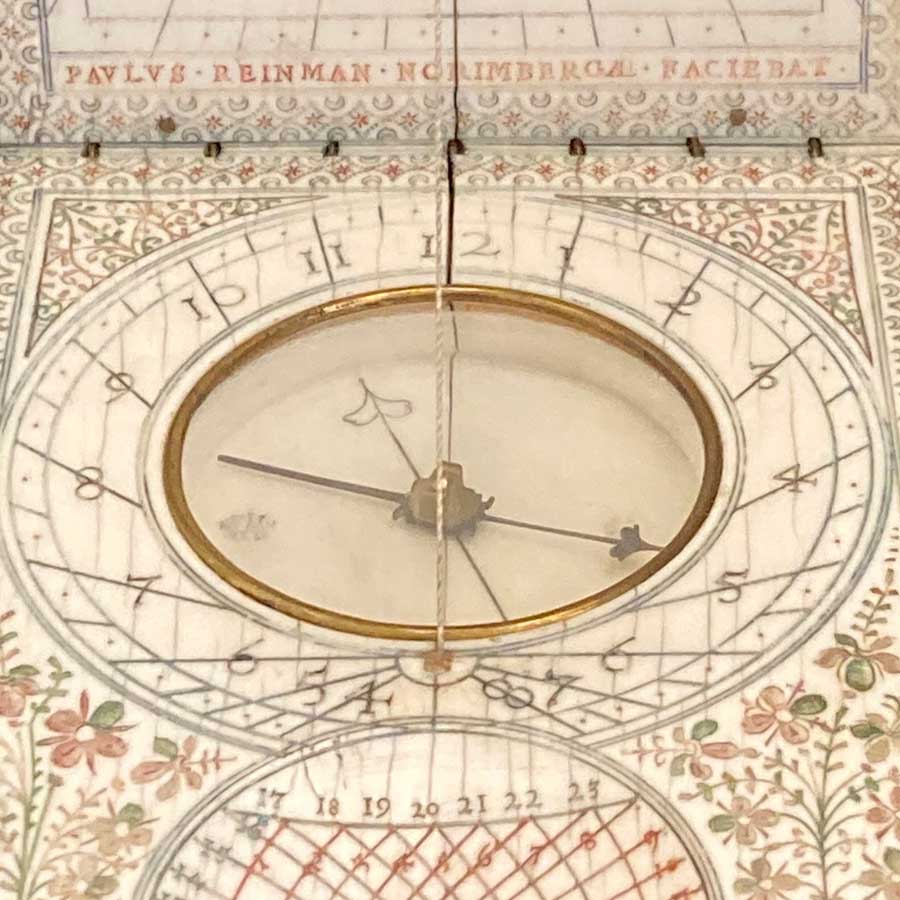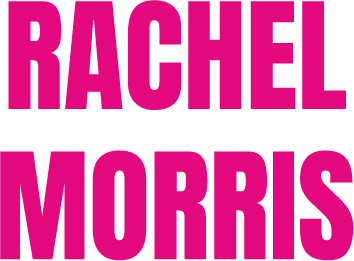Now that my book, ‘The Years of the Wizard’ is finished and getting published I am going through a transformation.
It seems only yesterday that I was in my favourite library, daydreaming my book into existence. But that was yesterday and today is different because now the book has been accepted and so I’m entering that other mode in which writers live, in which you talk for England about your writing and try to make the world love your book as much as you do. The day-dreamy part of the process is over; the practical stuff is beginning.
So here’s an aspect of getting published that I hadn’t thought of before, and that’s how to pitch your book – I don’t just mean to literary agents and other professionals but to everyone, from journalists and audiences at book festivals and customers queueing to buy it in a bookshop, to the guy in the corner shop and the woman I got talking to on a park bench the other day, each of whom might read my book if only I could pitch it right.
Because the truth is, first you write a book and then you have to sell it and that’s the deal.
Selling books is very hard these days – we all have so many distractions – but one tried and tested method is to make as much focused noise as possible: ‘noise’ being talks, articles, podcasts, social media – everything – whilst ‘focused’ is the principle that you direct the noise in the direction of likely readers. What this means in practise is that the writer turns every bit of the book-writing process – where, how, when, why you wrote it – into the most entertaining words he or she can possibly manage. (There must be a verb for this – maybe to ‘wordify’?). In other words, the writer has to learn to pitch it.

At first when asked what my book was about I used to answer, ‘Renaissance philosophy and magic,’ because for me, behind those four words, stands a whole glittering edifice of ideas. The trouble was that my listener, who was not privy to all those glittering ideas, heard only a couple of abstract nouns, ‘philosophy’ and ‘magic’, and – as everybody knows – abstract nouns don’t cut it, not even intrinsically sparkly ones like ‘magic’.
So instead I have been learning a different way to talk about my book, to introduce it through its extraordinary cast of characters. ‘Have you ever heard of John Dee?’ I ask. ‘No,’ is the usual answer, to which I say, ‘He was a 16th century scientist with a strongly mystical bent, who lived at a time when everyone believed in magic and when Dee himself was believed to be a magician. ‘

‘But he was only one character in my story,’ I say, warming to my subject. ‘There was also Dee’s scryer, Edward Kelley as well as John Dee’s wife Jane and Kelley’s wife Joanna, and the seven or eight Dee children. There were also other alchemists, men like Thomas Charnock, a poor English alchemist, much haunted by the need to feed his children when all he wanted to do was pursue his alchemy in peace. There was the Italian Giordano Bruno who came to England and lectured in Oxford and caused such an uproar he had to be smuggled out of Oxford – he was not an alchemist exactly, but more like a philosopher of science, though at a time when science was decidedly magical. And then there were the young women like the German Anna Marie Zieglerin who dared to become an alchemist and paid a heavy price for it.’
And now, if I still have my audience with me, I add that right across Europe this was a time of wayward, charismatic, trouble-making intellectuals, although, I add, it is often the women and children’s stories, the stories of the wives and sisters and daughters and girlfriends of the magicians, that I found most fascinating.
Luckily I quite enjoy the pitching process, though it requires some thoughtfulness and introspection – is that really how it felt? Is that really why I wrote it? And out of respect for the god of writing you try to be honest.
It’s also a very different kind of writing to writing the book itself, which – in my experience – is quite a dreamy process.
Learning to pitch your book is part of being a writer, and if you’re shy (I am) you just have to learn to charge ahead regardless. It is also a work in progress – it never ends – so if we bump into each other and you get the feeling that I am looking at you quizzically and trying out these ideas on you – well, the chances are that you are exactly right, and pitching to you is exactly what I am doing.




